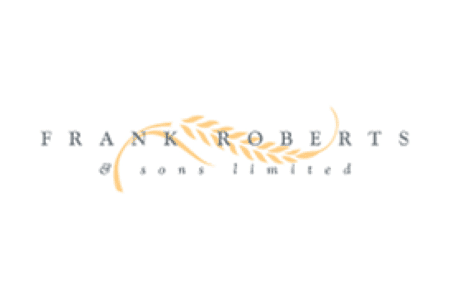On 14 November 2024, the delayed Bread and Flour (Amendment) (England) Regulations 2024 were finally enacted, ushering in significant changes to flour fortification requirements in England. Designed to address public health issues while providing limited exemptions for specific producers, the amendment has sparked both hope and debate within the bakery and milling sectors. At the heart of the conversation lies the question of balancing public health priorities with consumer choice and the interests of small-scale producers.
This amendment introduces two key exemptions while also mandating a new addition to flour fortification. Small mills producing less than 500 tonnes of flour annually are now exempt from mandatory fortification, as is flour milled from alternative grains such as spelt, durum, einkorn, and emmer. These exceptions offer new opportunities for artisan producers and Real Bread bakers to experiment with additive-free, heritage, and niche products. However, for the vast majority of flour sold in England, the requirements are tightening. By late 2026, all non-wholemeal wheat flour must include folic acid, joining the existing mandatory additions of calcium carbonate, iron, thiamin (vitamin B1), and nicotinic acid or nicotinamide.
These changes have far-reaching implications for the bakery industry, from supply chain adjustments to cost pressures and consumer education. While the exemptions offer some relief, the mandatory fortification of most flour products will require significant adaptations for producers and bakers alike.
Balancing Public Health and Consumer Choice
The inclusion of folic acid in non-wholemeal wheat flour is primarily a public health initiative aimed at addressing a long-standing nutritional gap. Folic acid is proven to significantly reduce the risk of neural tube defects, a critical concern in newborns linked to insufficient folate intake during pregnancy. The move is a proactive measure by the government to mitigate these risks and align England with over 80 countries, including the United States and Canada, that have already implemented similar fortification policies with notable success. By integrating this essential nutrient into a widely consumed staple, the government hopes to safeguard public health on a large scale.
However, this decision sparks an ongoing debate about the balance between public health priorities and consumer autonomy. Some argue that mandatory fortification limits consumer choice, especially for those who prefer products without additives. Chris Young and the Real Bread Campaign have been vocal critics, pointing out that while the policy provides some relief for small-scale producers and alternative grain millers, it predominantly leaves consumers with limited options for unfortified flour. This, they argue, undermines the principle of informed choice in food consumption.
The exemptions for small mills and heritage grains, such as spelt and einkorn, represent a modest concession to consumer and producer concerns. However, the exemptions are narrow in scope, applying only to mills producing less than 500 tonnes of flour annually. While these allowances create niche opportunities for artisan producers, their impact is limited by the smaller market for heritage grains and the logistical challenges of widespread distribution. For the average consumer shopping in supermarkets or relying on products from large-scale bakeries, fortified flour will remain the default, leaving little room for diversity in everyday choices.
Read more latest industry news and developments in our free to download magazine.
Never miss a story… Follow us on:
International Bakery
@int_bakery
@Bakeryint
Media contact
Joseph Clarke
Editor, International Bakery
Tel: +44 (0) 1622 823 920
Email: editor@in-bakery.com






